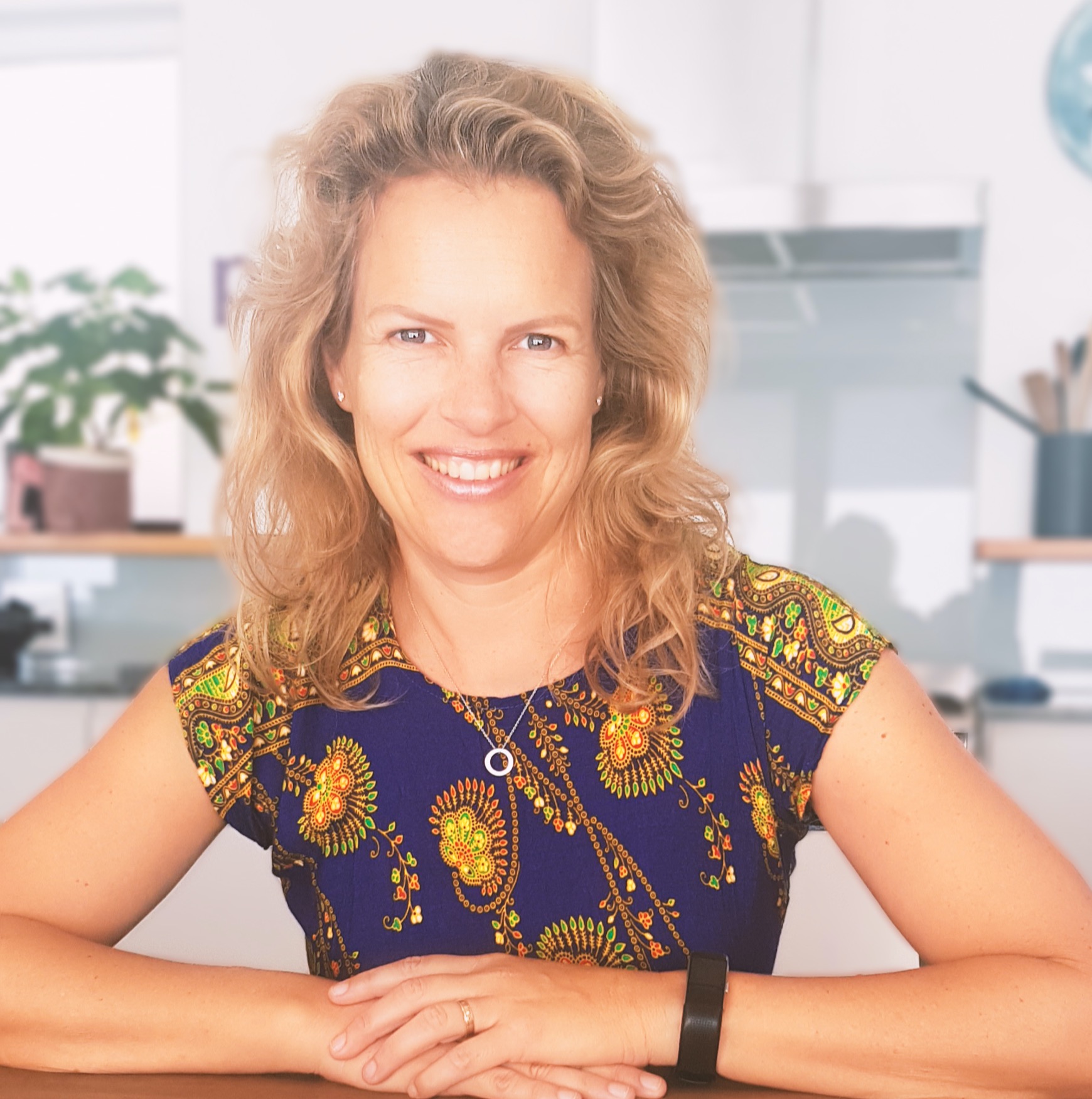Learning to Listen
- Maya Naumann

- May 31, 2021
- 4 min read
One of the cornerstones of Intuitive eating, is the ability to “listen” to the signals that come from our body, interpret them and respond appropriately. There are some obstacles that make listening really difficult. We have to remove these obstacles one by one if we want to successfully switch to internally regulated eating.

One of the cornerstones of Intuitive eating, is the ability to “listen” to the signals that come from our body, interpret them and respond appropriately. There are some obstacles that make listening really difficult. We have to remove these obstacles one by one if we want to successfully switch to internally regulated eating.
Obstacles to listening
Many years ago, when I was 19, I had my first serious boyfriend. John was an American. He spent a year in Cape Town, then went to the US for a few months to work, back to Cape Town for a further year, then he returned to the US to study. A few months later, I went to visit him. This relationship gave me several opportunities for goodbyes, where I didn’t know how long it would be before I saw him again, if ever.
Those days, before the Big goodbye, we behaved strangely. Part of what that involved, has helped me to understand why dieting does more harm than good.
Ignoring or listening?
The night before a looming goodbye, at around 22:00, my eyes would get scratchy and I would start yawning and feel a dip in my energy level- my body indicating to me that it needed sleep. I would, of course, fully ignore my body and stay up all night talking to John, because I knew that the hours were numbered and that I would not have the opportunity again for some time. A higher objective allowed me to tune this subtle prodding from my body out completely. Now, many years later, my husband sometimes tries to start a conversation with me late at night, when I am really sleepy. I can tell him to hold the thought till morning or another day, because I need to go to bed. There is no urgency. I see him every day, and he is with me to stay. I am able to follow the lead my body gives, most of the time.
Saying goodbye to favourite foods?
Dieting usually requires eliminating certain foods. No more chocolate, sugar, dairy, meat, bread, beer, wine, coffee, fast food- or whatever the particular diet deems as damaging. The forbidden food is shunned- kitchen cupboards are cleared and the food-chains come on. What my experience in a long distance relationship taught me is that the restraint causes (or at least contributes to) the excess - not the other way around!
Try noticing and responding to the subtle message from your body as you are eating your favourite ice cream – it starts with “wow, that’s really delicious, I’m really enjoying it”. After a while it changes to “this still tastes good, but it’s getting a bit sweet”. Then, “I think I’ve had enough of that vanilla flavour, you can stop now.”
If you know you can have the ice-cream again when you want to, it’s not hard to stop here, completely satisfied.
Try that again when you know that you will not be seeing ice-cream again for who knows how long. It is virtually impossible to hear (not to mention respond to) these communications when there is the knowledge that this will not be available again in the foreseeable future.
So what can you do differently?
Instead of trying to prevent yourself from eating certain foods, learn how to eat it really well when you do.
The key word here is “when”. If you accept the fact that there will be times when you eat chocolate/ice-cream/pizza etc, then you understand that it is necessary to be a competent chocolate/ice-cream/pizza eater. If, in the back of your mind, you think that you ought not to be eating these foods anyway, and that the perfect version of yourself never touches them, you don’t bother learning how to eat them, because you have the expectation to stop doing so in future (when you become the perfect version of yourself) and don’t see the point in learning a skill you won’t have to use in the long term.
Let go of the idea that the ideal diet does not contain certain things, and accept that all foods can fit.
All foods can fit is the slogan of the South African Dietetics Association, so I’m not alone in preaching this! The question is, when you eat previously forbidden foods, what is the best way to do so? A few tips to get you going:
Don’t eat sweets instead of food. If you meet your appetite needs regularly throughout the day with balanced meals, it doesn’t take much to satisfy a sweet tooth.
Savour each bite. Eat slowly, take pleasure in the texture and flavour of what you’re eating.
Give yourself permission to eat before you do. If you are feeling ambivalent about a food choice - i.e. you feel torn between the part of you that wants to eat and the part of you that judges it as “bad”, you’ll have to ignore part of yourself when you eat. You force yourself to be fragmented, not the intuitive, attentive person you need to be to really tune in to your body. You’ll eat fast and you’ll eat guiltily, and it won’t be a good, satisfying experience. Because it is not satisfying, you’ll have to repeat it or have more to get the feeling you are after and end up overeating.
Sound bite
If you don't like something change it; if you can't change it, change the way you think about it. Mary Engelbreit






Comments